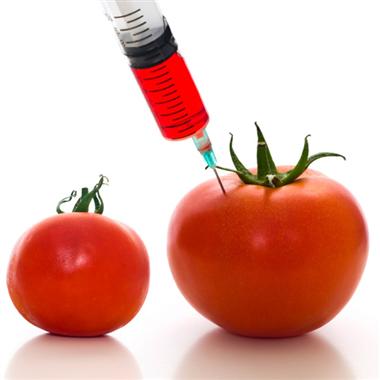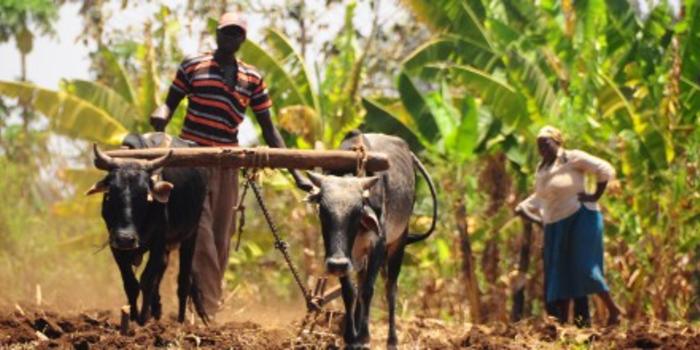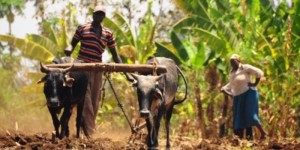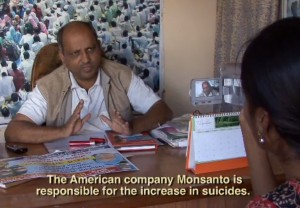 National Geographic writer Simon Worrall has nothing good to say about GMOs and plenty of cautions about following what has become conventional wisdom in the agri-business food industry. BTW, when did we start to refer to frankenscience by the term ‘conventional‘?
National Geographic writer Simon Worrall has nothing good to say about GMOs and plenty of cautions about following what has become conventional wisdom in the agri-business food industry. BTW, when did we start to refer to frankenscience by the term ‘conventional‘?
Monsanto was driven out of England after widespread protests against seed trials. Why are the Europeans so much more critical of GMOs?
Because Europeans have been better informed of the facts. The media in Europe, up to a few years ago, reported this scientific controversy fairly. People knew many well-credentialed scientists did not agree with the claim that these foods were safe. Adverse research showing harm to lab animals got publicized. As a result, European citizens made it clear they didn’t want these foods. Here, the media has not reported the controversy fairly. They’ve almost always presented the pro-GMO side. As a result, the American public has been systematically deceived…
Only if there were not risks that might impact health in ways we don’t yet know. As I said, when it comes to food safety, benefits should not be considered in offsetting risks. Everybody has to eat food and changes to food should not entail new risks, no matter what the purported benefits. Several studies by the UN and World Bank also concluded that genetic engineering is not needed to meet the world’s food needs. One of the directors of these studies was asked, “What role do you see for GMOs in the future of food?” He said, “Actually none. They aren’t needed. They haven’t been boosting yields. Small scale, agro-ecological methods are what’s needed in the Third World.”
Worrall believes in small holding farming, especially in Africa which is just beginning to experience the destruction of GMOs:
What would you say to an African farmer who wants to use GMOs to feed his starving child today rather than worry about an imaginary threat tomorrow?
First I would say: Read what the UN and World Bank-sponsored reports have said. You don’t need GMOs … there are solutions that do not rely on GMOs, which have been proven to work in Africa. So I would say: Get with the sound science, spend less money, and solve your food problem in a way that will create healthy soil, a healthy family and a healthy Africa.


